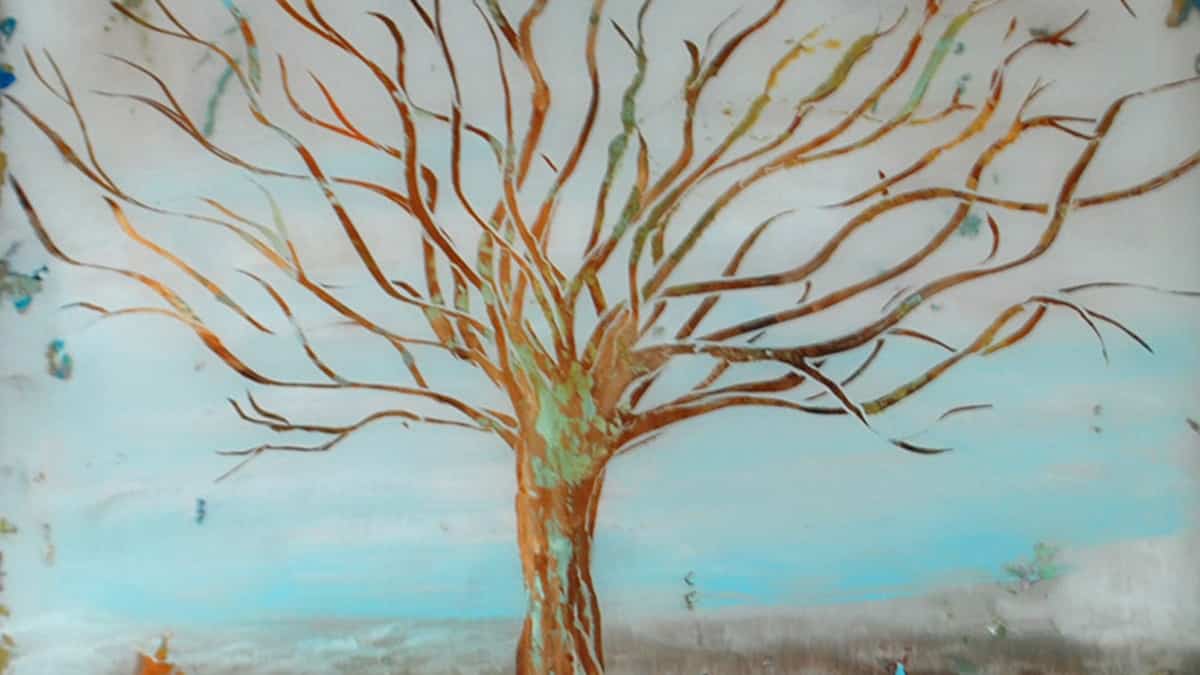Many of us already know Susanne Cook-Greuter as one of the Integral movement’s most beloved scholars and authorities on mature adult development. But it’s not all developmental structures and tiers and fulcrums for Susanne, as she also has an exquisite, life-long appreciation and reverence for the world of Nature. In this dialogue, Susanne and Ken have some very interesting things to say about the role of Nature as a spiritual teacher, and as a source of mystical state experiences that can irrevocably transform us from the inside out.
As a spiritual teacher, you won’t find anyone more indifferent, ruthless, and amoral than Mother Nature. Then again, you won’t find anyone quite as vital, honest, or beautiful either. There is an undeniable neutrality running throughout Nature—it’s easy to imagine Her quietly laughing to Herself as we try to project our own limited narratives of meaning and morality onto Her, or when we try to imagine ourselves as being somehow separate from the natural world.
For those who care enough to notice, Mother Nature can show us the secrets of Creation itself. They can be found in the sound of leaves rustling in the breeze, in the delicate architecture of a flower, in the feeling of warm sunshine pressing upon your skin. Hearing the voice of Spirit echoing though the natural world, we are led by this timeless music to a place beyond life and death, beyond good and evil, beyond the changing tides of the rational mind. For some, this can feel like complete transcendent union with the entire manifest world, as the seamless interconnection of all things culminates into a singular experience of overwhelming totality. For others, it can feel like a radically focused absorption in some particular detail of manifestation, such as the zig-zag capillaries of a leaf or the unique swirls of your thumbprint.
I was lucky enough to participate in Susanne Cook-Greuter’s class on Nature Mysticism at the first Integral Spiritual Experience event. Here is how I described my experience:
How miraculous, that we can so take these everyday miracles for granted, that we can walk on God’s own face without ever noticing how sacred the ground beneath our feet truly is—whether it’s a sandy beach, a concrete sidewalk, or a linoleum floor.
As we walked the beach together, Susanne helped me to see it, hear it, touch and taste and smell it more deeply than I could have ever imagined. So deeply in fact, that for a moment I could recognize that I was not really experiencing anything at all—that is, I was not the center of this experience.
It felt as though the ocean was seeing itself, hearing its own yawns and roars, breathing its own salty sensuality.
I was just a convenient window through which something infinitely greater than myself could momentarily glimpse its own impossible beauty.
As I remember, it was shortly thereafter that the handle to Susanne’s walking stick snapped off in her hand. I felt my experience immediately contract, yanked back into my skin—fully rejuvenated and ready to serve. Fixing that walking stick became a personal mission for me, handed down from on high, representing the most direct way I could express my love and devotion to the world, to the sea, and to Susanne. I felt a overflowing gratitude for Susanne, having helped to show me the undeniable miracle of the ocean; and I was determined to try to return the favor via the undeniable miracle of duct tape.”
Max Weber famously describes the transition from the mythic worldview to the rational worldview as the “disenchantment of the world”, which means that we can explain the great mysteries of the world as having fully natural causes—as opposed to supernatural causes—thus loosening the grasp of myth and superstition upon our shared knowledge. However, despite the remarkable progress that it brought to the world, the rational worldview can only go so far. Its emphasis upon the empirical measurement and categorization of the natural world allowed a remarkably accurate 3rd-person representation of the world to emerge, but too often our 1st-person experiences of awe, transcendence, and absorption were being minimized, reduced to the epiphenomena of biochemistry, or else left out of the picture altogether.
Which is perfectly understandable from an Integral perspective—of course the rational mind couldn’t quite figure out what to do with these sorts of first-hand trans-rational experiences, just as it tends to struggle with most varieties of 1st-person experience, states of consciousness, and transpersonal realms of existence. In fact, when it comes to the Integral movement as a whole, we could say that one of our most important objectives is to bring these dimensions of experience back into the fold, allowing us to converse freely and intelligently about the continued importance of spirituality, and to make the transition from a disenchantment with pre-rational interpretations of the world, to a loving re-enchantment of the trans-rational.
Written by Corey deVos
Image: The Lorax by Sheri Munce [+view gallery]

Become a member to access the full episode
Start building your big picture mind & support the global emergence of Integral consciousness

“Integral Life is the most important and globally-relevant platform for the leading edge of Integral consciousness evolution”
– Eugene P.
About Susanne Cook-Greuter
Dr. Susanne Cook-Greuter, born in Switzerland, is an internationally known authority on mature adult development, continuing the work of developmental pioneer Jane Loevinger. Her thesis, Postautonomous Ego Development (1999), is a landmark study in the characteristics and assessment of highly developed and influential individuals and leaders. She holds a doctorate in education from Harvard University, and is also a founding member of Integral Institute.
About Ken Wilber
Ken Wilber is a preeminent scholar of the Integral stage of human development. He is an internationally acknowledged leader, founder of Integral Institute, and co-founder of Integral Life. Ken is the originator of arguably the first truly comprehensive or integrative world philosophy, aptly named “Integral Theory”.

